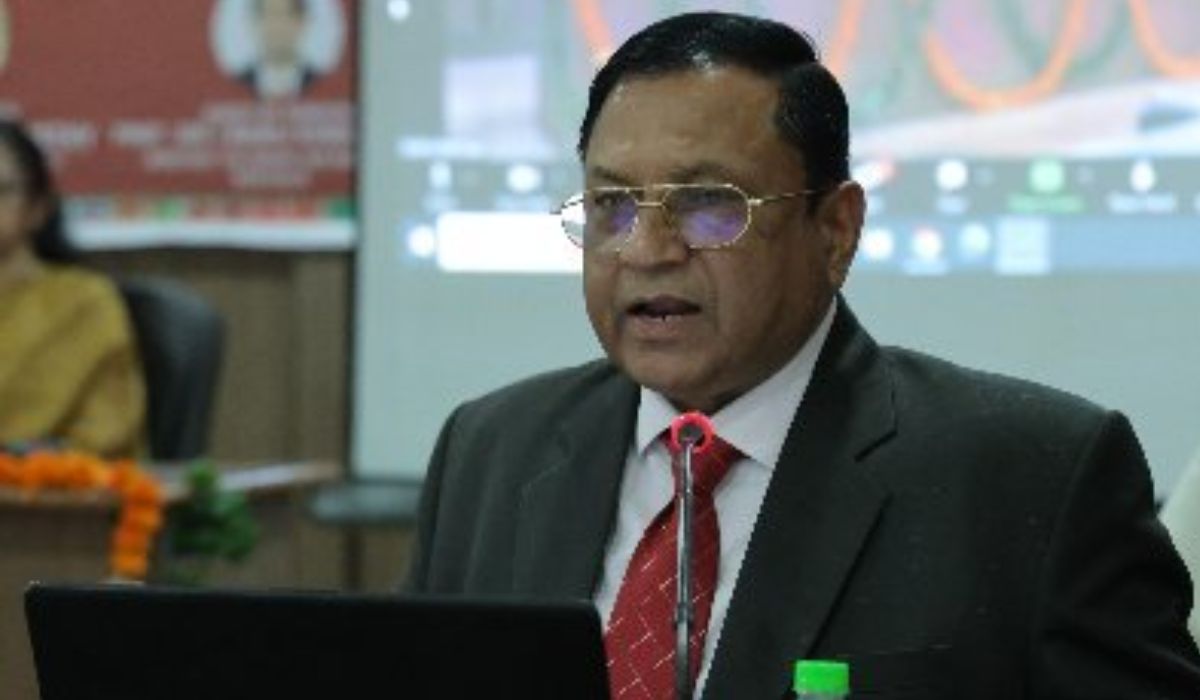Published on: April 23, 21:21 IST
Adish C. Aggarwala, the President of the Supreme Court Bar Association, has penned a letter to Prime Minister Modi, urging the introduction of amendments to statutes for the appointment of sitting judges rather than retired judges to tribunals and commissions.
In his correspondence, Aggarwala highlighted the potential impact of appointing retired judges to key positions within commissions and tribunals, expressing concerns about the perception of judicial neutrality. He emphasized that the immediate transition of judges from the bench to government-appointed roles could raise doubts regarding their impartiality during their tenure on the bench.
Aggarwala traced the origins of this trend back to 1988, under the Congress Party regime, citing the establishment of consumer courts and human rights commissions headed by retired judges. He underscored the prevalence of retired Supreme Court judges and high court justices presiding over various commissions and tribunals across India, appointed by both central and state governments.
The President of the Supreme Court Bar Association advocated for amending statutes to shift eligibility criteria from retired judges to sitting judges or practicing lawyers. He reasoned that since the Constitution permits the direct appointment of advocates as judges of constitutional courts, they should also be considered for leadership roles in tribunals and commissions.
Furthermore, Aggarwala proposed extending the retirement age of Supreme Court judges to 68 years and that of High Court judges to 65 years to better utilize the services of experienced judges within the judiciary.
Addressing another concern, Aggarwala noted the phenomenon of judges transitioning directly into active politics upon resignation or retirement, which he suggested tarnishes the reputation of the legal profession and the judiciary. He cited the Basic Principles on the Independence of the Judiciary, endorsed by the United Nations, emphasizing the importance of judges preserving the dignity, impartiality, and independence of the judiciary.
Aggarwala’s letter underscores the pressing need for reforms in the appointment process for tribunals and commissions, aiming to uphold the integrity and impartiality of the judiciary in India.

